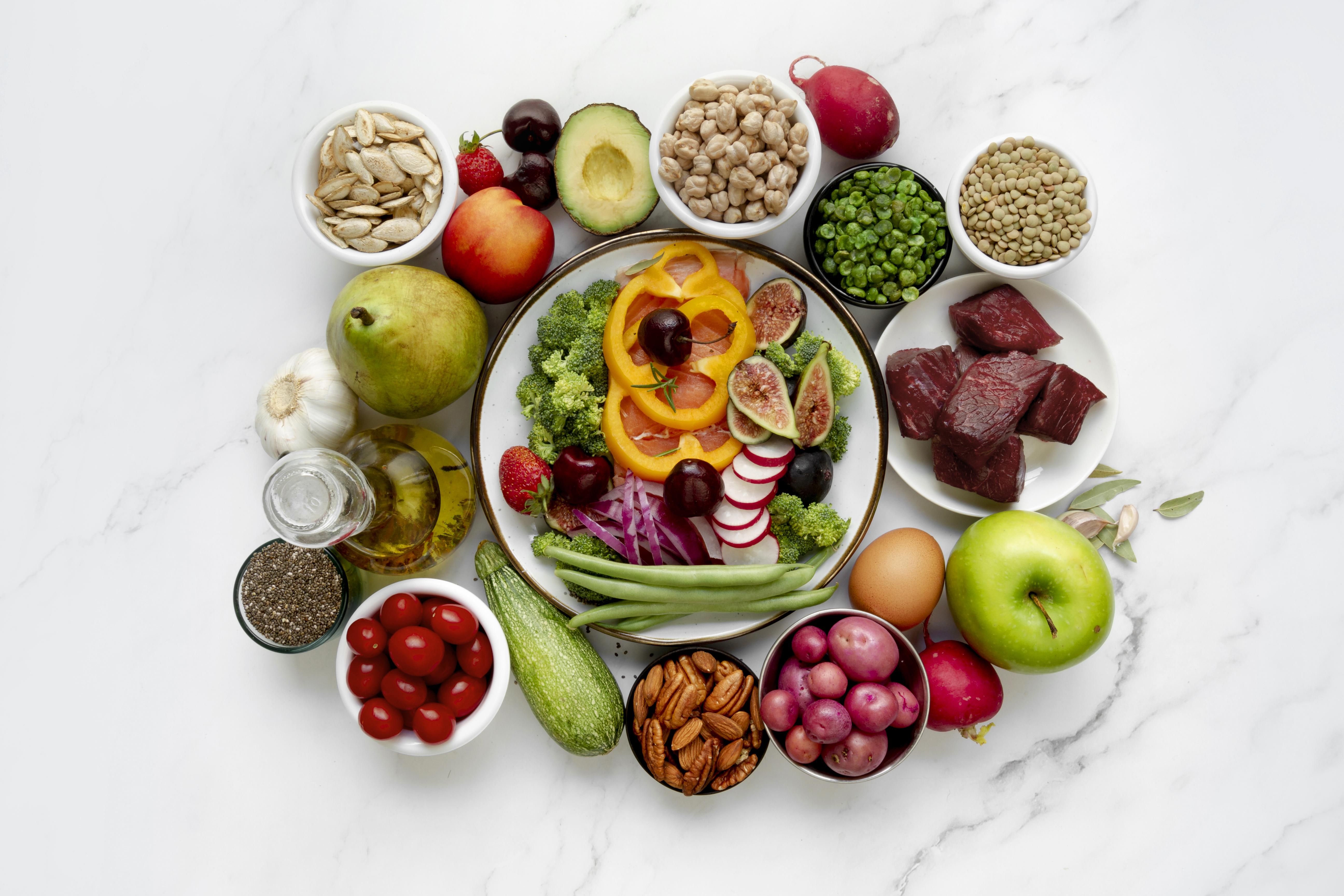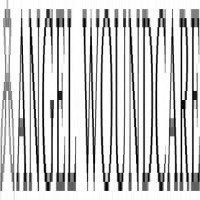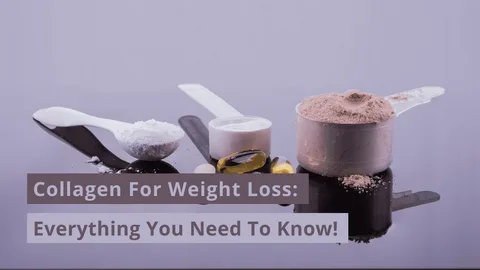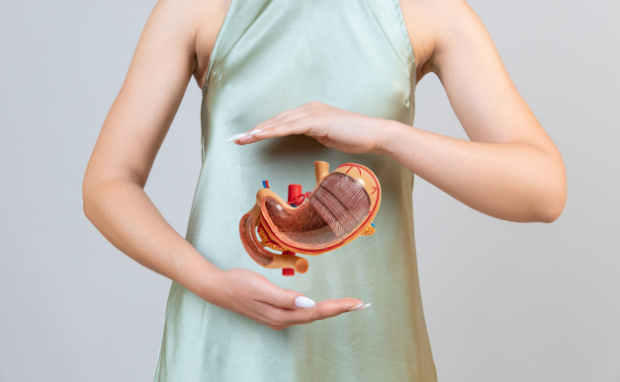How Nutrition Impacts Wound Healing: What to Eat for Faster Recovery

Strong 8k brings an ultra-HD IPTV experience to your living room and your pocket.
When you're healing from an injury or surgery, what you eat matters. The right diet fuels your body’s repair mechanisms—supporting cellular growth, collagen formation, immune function, and hydration. According to wound care experts, optimized nutrition can significantly accelerate healing timelines and reduce infection risks.
In this comprehensive guide, we’ll review evidence-backed nutrition strategies—including macronutrients and micronutrients—and practical meal ideas to support faster, safer recovery.
Why Nutrition Matters in Wound Healing
Healing wounds places increased demands on the body. Evidence shows that malnutrition impairs immune response, delays collagen synthesis, and increases risk of chronic wound formation. Studies following older adults indicate that poor nutritional status correlates with higher rates of infection and hospitalization related to wound.
Wound care experts emphasize that nutrition assessment is a core part of wound evaluation and management. Patients with acute or chronic wounds may require increased calories, protein, fluids, and key vitamins to support optimal recovery.
Macronutrients: Fueling Repair and Growth
Protein
Protein is foundational for tissue regeneration. It supports fibroblast activity, collagen synthesis, and immune cell production. Guidelines for those with pressure ulcers recommend 1.25–2.0 g/kg/day of protein depending on ulcer severity and patient status.
Leaner sources like poultry, fish, beans, tofu, and dairy are ideal. Even plant-based eaters can meet targets via fortified options like soy milk, legumes, and seeds.
Calories, Carbohydrates & Healthy Fats
Wound care experts suggests to increase metabolic needs typically 30–35 kcal/kg/day for older or malnourished individuals. Carbohydrates provide energy for cell processes; fats support cell membrane formation and reduce inflammation. A diet rich in whole grains, fruits, nuts, avocado, and olive oil balances energy and nutrient needs.
Essential Micronutrients for Better Healing
Vitamin C
A critical cofactor for collagen synthesis and wound tensile strength. It also supports immune function and iron absorption. Recommended foods include citrus fruits, bell peppers, kiwi, broccoli, and strawberries.
Zinc
Vital for DNA replication, immune defense, and collagen deposition. Meta‑analyses indicate zinc supplementation improves wound closure time—especially in those with deficiency. Zinc-rich foods: oysters, beef, legumes, seeds, dairy, and whole grains.
Vitamin A & Iron
Vitamin A supports inflammation resolution and epithelial repair; found in leafy greens, orange vegetables, and liver. Iron maintains oxygen delivery to tissues—essential in healing. Include lean meats, legumes, leafy vegetables, and fortified cereals.
Arginine, Omega‑3s, Glutamine
Clinical reviews show that arginine, especially with antioxidants (e.g. vitamin C), improves healing in malnourished patients and those with pressure injuries. Omega-3 fatty acids from fish, walnuts, or flax can modulate inflammatory pathways. Glutamine supports immune cell function during stress and injury.
Hydration & Practical Tips
Proper hydration maintains tissue turgor, supports blood flow, and helps exudate control. Experts recommend drinking about half your body weight in ounces of fluid per day, unless otherwise guided by a clinician.
When appetite is low, small nutrient‑dense meals and snacks help meet goals—think smoothies with protein powder, soups with legumes, or yogurt with fruit and nuts.
Meal & Snack Ideas to Support Wound Healing
- Breakfast: Scrambled eggs with spinach and peppers + whole-grain toast
- Snack: Greek yogurt with berries and pumpkin seeds
- Lunch: Grilled salmon on quinoa salad with broccoli, avocado, citrus dressing
- Snack: Hummus and veggie sticks or a protein shake
- Dinner: Lean chicken or lentil curry with brown rice and sweet potato
Include hydration reminders: water, milk, herbal tea, or broth-based soups.
Role of Wound Care Experts in Nutritional Support
While diet plays a key role, wound care experts stress interdisciplinary collaboration. Dietitians assess deficiencies, caloric adequacy, and suggest supplemental support when needed. Clinicians monitor healing progress and adjust care based on wound response, lab markers, and comorbid conditions.
In complex or non-healing wounds, nutritional supplementation including high-protein formulas, oral arginine blends, or vitamin/mineral combinations is often recommended for patients with malnutrition-induced delays.
Evidence & Results: What the Research Shows
- A 2021 Journal of Wound Care study showed high protein intake significantly improved closure rates in chronic wounds.
- Systematic reviews support arginine supplementation in pressure injury patients, especially within multi-nutrient formulations.
- Zinc and vitamin C have shown improved healing when combined in deficient or malnourished individuals; isolated supplementation without deficiency yields less consistent benefit.
Who Needs Extra Nutritional Support?
- Patients with chronic wounds, ulcers, or surgical non-healing wounds
- Individuals with limited appetite, unintentional weight loss, or older adults with malnutrition risk
- Those with diabetes, vascular disease, or immunosuppression
- People undergoing radiation, chemotherapy, or long-term steroids—nutrient demands increase
How to Start: Practical Strategies
- Get assessed by a dietitian or wound care expert to evaluate nutritional status.
- Track intake, calorie, and protein goals; use food diaries or apps.
- Prioritize nutrient-dense foods—lean protein, colorful fruits, vegetables, whole grains, healthy fats.
- Supplement when needed, especially for zinc, vitamin C, or protein, under clinical guidance.
- Stay hydrated, aiming for 30 mL/kg/day or half your weight in ounces daily.
- Monitor healing progress—body weight, wound size, tissue quality—and adjust diet accordingly.
Final Thoughts
Nutrition is foundational—not an afterthought—in wound recovery. Proper intake of protein, vitamin C, zinc, calories, and hydration sets the stage for immune resilience, collagen synthesis, and tissue repair. Wound care experts recommend a patient-specific, nutrient-rich diet supported by clinical guidance to achieve the best healing outcomes.
By focusing on whole foods, hydration, and key nutrients, you can give your body what it needs to heal—faster, stronger, and with fewer complications.
Note: IndiBlogHub features both user-submitted and editorial content. We do not verify third-party contributions. Read our Disclaimer and Privacy Policyfor details.







